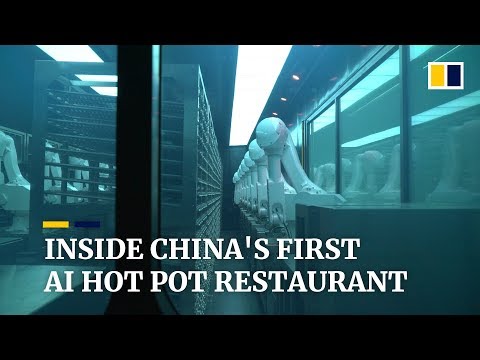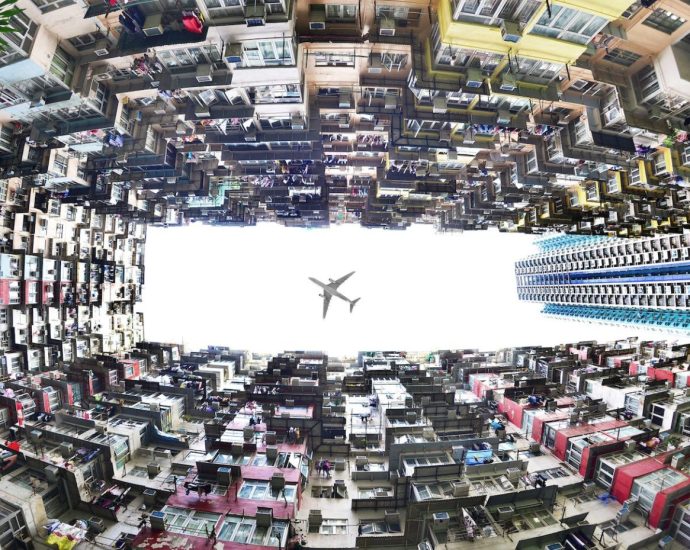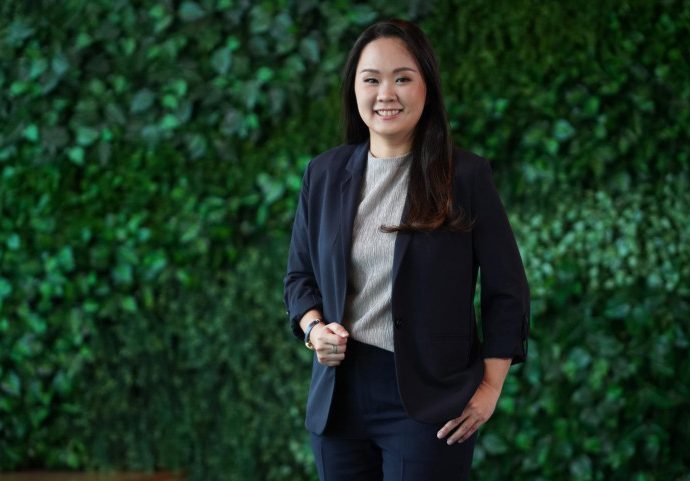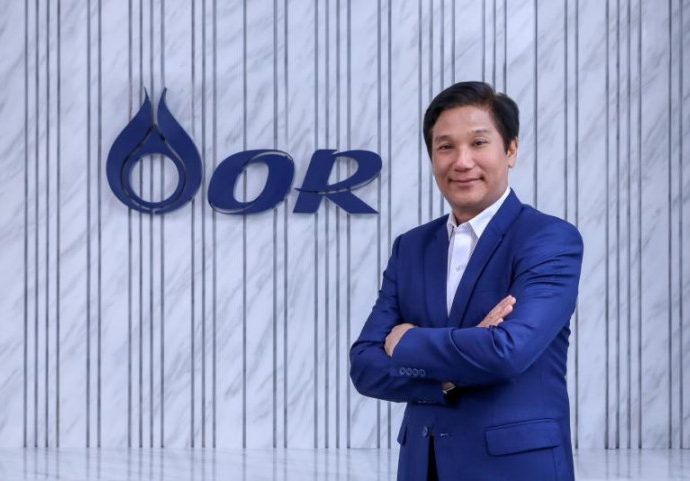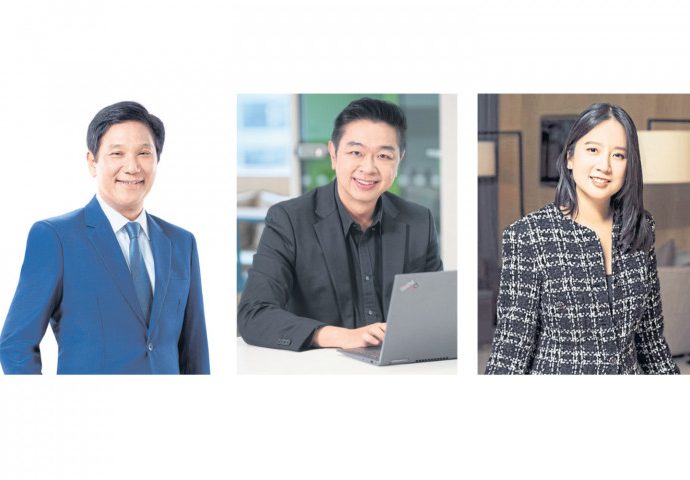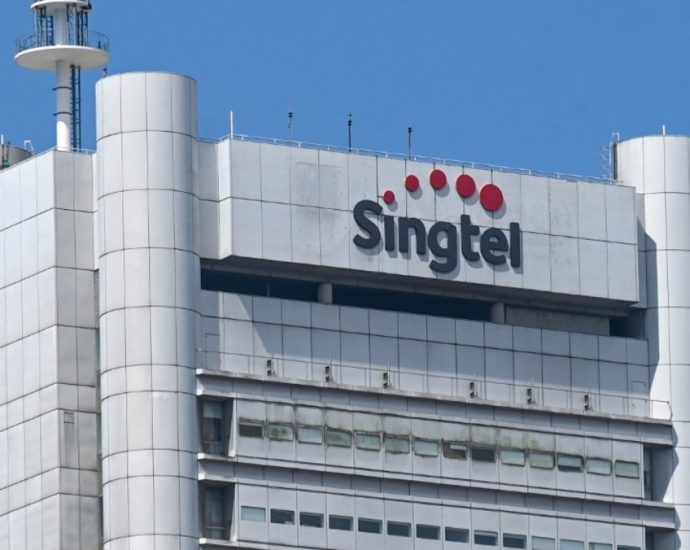What the West can learn from China about using AI – Asia Times
AI is already everywhere, ready to change the way we work and play, how we learn and how we are looked after. From hospitality to healthcare, entertainment to education, AI is transforming the world as we know it.
But it’s developing at a different pace in different parts of the world. In the West, it seems, there is a tendency to aim for perfection, with companies taking their time to refine AI systems before they are implemented.
China, on the other hand, has taken a more pragmatic path, on which speed and adaptability are prioritized over flawless execution. Chinese companies appear more willing to take risks, accept AI’s current limitations and see what happens.
And China’s desire to be the world leader in AI development seems to be working. Here are three important lessons the west can learn from China’s economic strategy towards AI.
1. Embrace imperfection
Many Chinese companies have adopted a “good enough” mentality towards AI, using it even when the technology is not fully developed. This brings risks, but also encourages fast learning.
For example, in 2016, Haidilao, a popular Chinese restaurant chain, introduced “Xiaomei”, an AI system which dealt with customers calling up to make reservations. While Xiaomei is not the most sophisticated AI system (it only understands questions about reservations), it was effective, managing over 50,000 customer interactions a day with a 90% accuracy rate.
It’s not perfect, but it provides a valuable service to the business, proving that AI doesn’t need to be flawless to make a big impact.
2. Make it practical
A key distinction between AI strategies in China and the West is the focus on practical, problem-solving applications. In many Western industries, AI is often associated with cutting-edge technology like robot-assisted surgery, or complex predictive algorithms.
While these advances are exciting, they do not always bring immediate impact. China, by contrast, has made significant strides by applying AI to solve more basic needs.
In China, some hospitals use AI to help with routine – but very important – tasks. For instance, in April 2024, Wuhan Union Hospital introduced an AI patient service which acts as a kind of triage nurse for patients using a messaging app.
Patients are asked about their symptoms and medical history. The AI then evaluates the severity of their needs and prioritizes appointments based on urgency and the medical resources available at that time. The results are then relayed to a human doctor who makes the final decision about what happens next.
By helping to ensure that those with the most critical needs are seen first, the system plays a crucial role in improving efficiency and reducing waiting times for patients seeking medical attention.
It’s not the most complex technology, but in its first month of use in the hospital’s breast clinic, it reportedly provided over 300 patients with extra consultation time – 70% of whom were patients in urgent need of surgery.
3. Learn from mistakes
China’s rapid adoption of AI hasn’t come without challenges. But failures serve as critical learning experiences.
One cautionary tale over AI implementation comes not from China, but from Japan. When Henn na Hotel in Nagasaki became the world’s first hotel staffed by robots, it received a great deal of attention for its futuristic concept.
But the reality soon fell short of expectations. Churi, the hotel’s in-room assistant robot, frequently misunderstood guest requests, leading to confusion. One guest was reportedly woken up repeatedly because a robot in his room mistakenly understood the sound of his snoring to be a question.
In contrast, many Chinese hotels have taken a more measured approach, opting for simpler yet highly effective robotic solutions. Delivery robots are now commonplace in hotel chains across the country, and while not overly complex, they are adept at navigating hallways and lifts autonomously, bringing meals to guests.
By focusing on specific, high-impact problems, Chinese companies have successfully integrated AI in ways that minimize disruption and maximize usefulness.
The Chinese restaurant chain I mentioned earlier provides another good illustration of this approach. After the success of its chatbot, Haidilao introduced “smart restaurants” equipped with robotic arms and automated food delivery systems. While innovative, the technology struggled during peak hours and lacked the personal touch many customers valued.
Instead of abandoning the project, Haidilao continued to adjust and refine its use of AI. Rather than adopting a fully automated restaurant model, it went for a hybrid approach, combining automation with human staff to enhance the dining experience.
This flexibility in the face of setbacks represents a crucial willingness to pivot and adapt when things don’t go as planned.
Overall, China’s pragmatic approach to AI has enabled it to take the lead in many areas, even as the country lags behind the West in terms of technological sophistication. This is driven by a willingness to embrace AI’s imperfections, and then adapt where necessary.
Where speed and adaptability are critical, companies can’t afford to wait for perfect solutions. By embracing AI’s imperfections, focusing on practical applications, and real-world feedback, Chinese companies have unlocked the economic value of AI in a way that others are too timid to emulate.
Jialu Shan is research fellow at the TONOMUS Global Center for AI and Digital Transformation, International Institute for Management Development (IMD)
This article is republished from The Conversation under a Creative Commons license. Read the original article.

